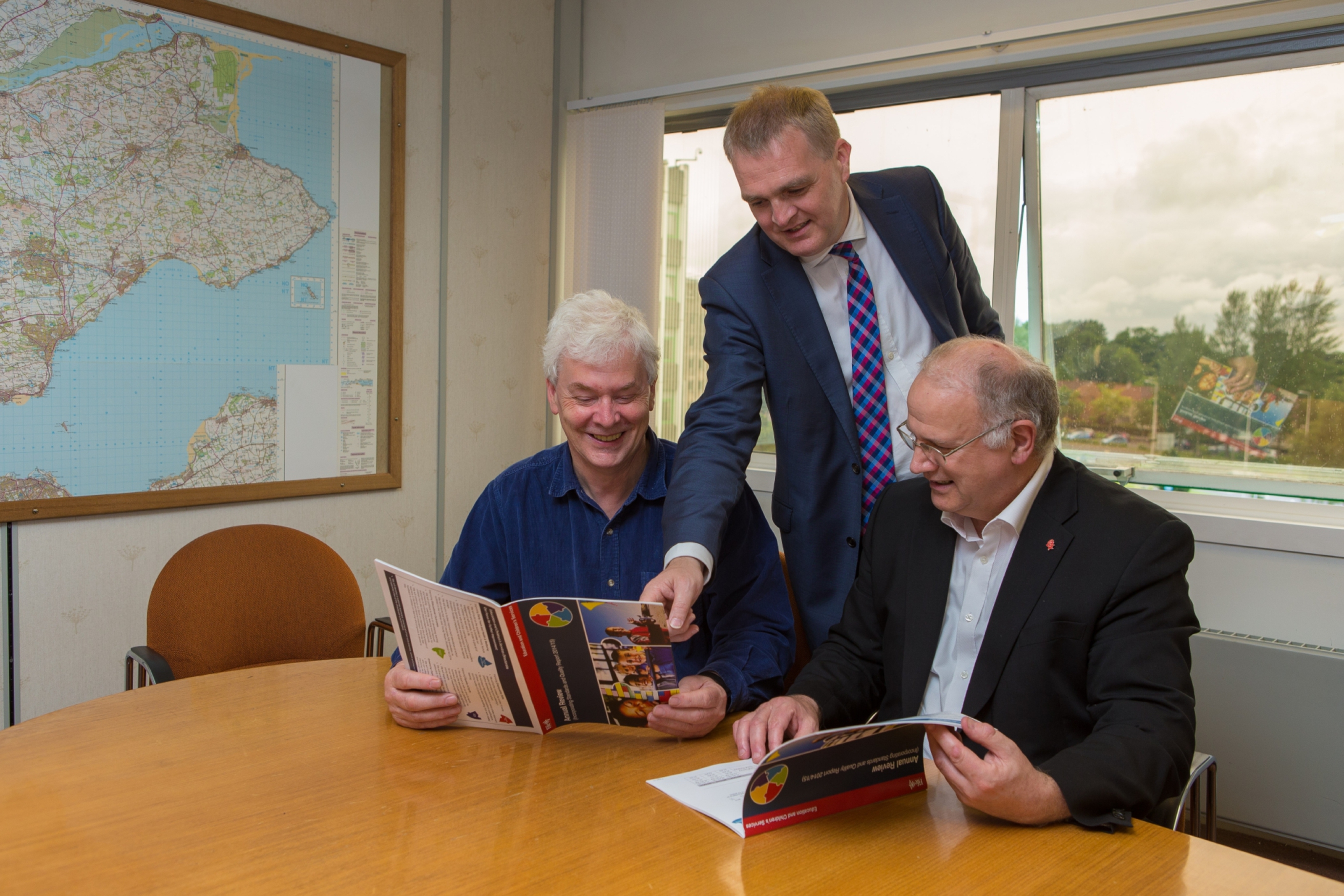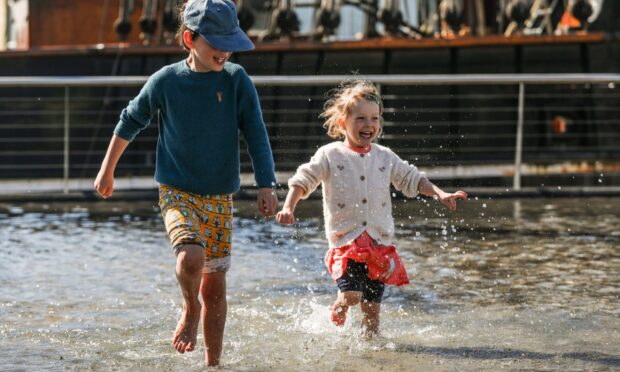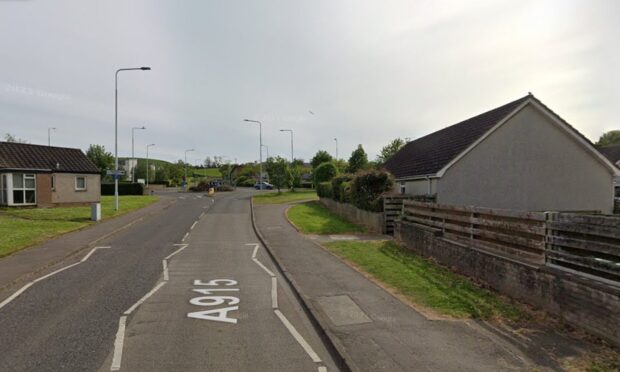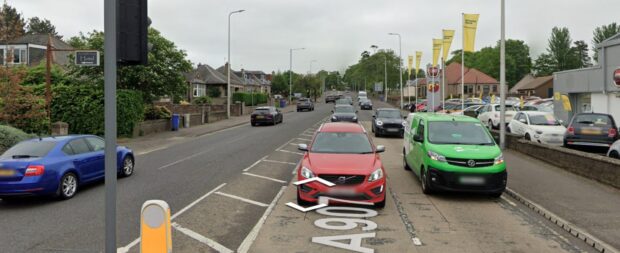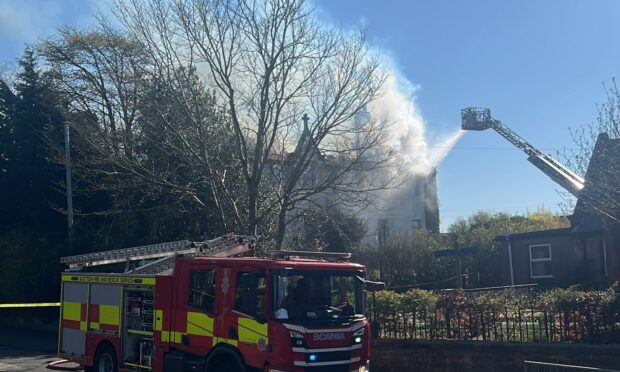Fife is leading the way when it comes to improving literacy and numeracy among its school children.
The region is the envy of other Scottish local authorities as it raises the attainment bar while also significantly closing the gap between affluent and more deprived areas.
Executive director of children’s services Craig Munro is proud to be bucking the national trend of falling attainment, particularly in numeracy skills, which he says is of huge benefit to society as a whole.
In literacy, the number of primary school pupils secure in reading at the expected level of the Curriculum for Excellence in P1, P4 and P7 increased by 10% to 88.8% between 2012 and 2015.
Analysis has shown that attainment for more deprived pupils and those with additional support needs has improved far more quickly than it has for their peers.
At secondary school level, there was a 40% increase in the number of pupils passing Higher English last year, along with a 15% rise the number of Higher maths passes.
Mr Munro said: “We are raising the bar but also levelling the bar. We are doing both.
“Everybody is benefiting and we are making it fairer.
“That’s the thing that is interesting other parts of the country. We are beginning to do things that others haven’t managed to do yet.”
Fife’s success has come despite the fact it is the third biggest poverty centre in Scotland.
There is more than one reason for that but Mr Munro said national inspections had shown the quality of the region’s schools was substantially better than elsewhere in Scotland.
“There is a big correlation between poverty and attainment but we are bucking that trend,” he said.
“We have put the focus on learning and teaching. We said seven years ago we would put the focus on how to teach literacy and numeracy.
“We went back to the fundamentals and created time for teachers to get together and build on key focuses and reflect on the best methods.
“We also have very strongly developed leadership programmes and these two things pulled together have made an absolutely huge difference in the quality of attainment and the quality of education overall.”
Fife Council’s children’s services spokesman, Councillor Bryan Poole, is equally proud of the results.
“The general view in Scotland is the gap is widening rather than narrowing,” he said.
“We put in £2.5 million in what we call closing the gap and we have a team which goes into schools in disadvantaged areas to help make a difference.”
Collaboration key to helping families — claim
Fife’s rising attainment levels follow a huge overhaul of children’s services which saw education, health and social work pulled together under one umbrella in 2014.
The result is almost 24-hour support packages for some of the region’s most vulnerable families.
Mr Munro said the unusual move had been a big decision for Fife Council and NHS Fife but had been hugely successful.
“I believe things are happening that would not have been possible if these big governance changes had not been made,” he said.
“Some of the work we are doing with looked after children, children with significant disabilities that have stretched the marriage, children ending up in educational care is very innovative.
“There are real advantages and it is coming through in the evidence we are beginning to see here.”
He added: “We have families who we know are struggling to bring up their children.
“We try to help but if we talk about parenting classes people won’t come.”
Instead, Fife runs what is known as the Incredible Years Programme, working with families who are struggling in a non-stigmatising way to help them support their own children.
“When you begin to target specific groups you can make a huge difference in terms of outcomes,” Mr Munro said.
“Looked after children are the most vulnerable children in any society.
“We have targeted them and their literacy and numeracy are improving faster than anywhere else in Scotland.”
Other key factors have included working with families with very young children and introducing employability skills to teenagers who are disaffected with school.
“We had tried to put them all on the same curriculum. We’re not doing that anymore,” said Mr Munro.
“We are giving them a skills set and the number of people getting at least one Higher, allowing them to get into further education, has increased exceptionally.”
Attainment levels affect everybody, says councillor
Fife Council’s education and children’s services spokesman, Councillor Bryan Poole, said raising attainment among children from disadvantaged backgrounds had huge benefits for everybody in the region.
“We focus on the positive aspects rather than having to go in there when there is a problem,” he said.
“All youngsters have levels of potential and they need to be supported. Their parents need to be supported.
“They all have the same rights.”
He added: “Education is about preparing people to be good citizens.
“People like Craig Munro working with people in social work and health has been a huge help.
“The idea of people working in silos is just nonsense.”
Mr Poole pointed out that outcomes for children in more affluent areas were still improving while more disadvantaged youngsters were beginning to catch up.
“We are making it fairer and that is the right thing to do,” he said.
